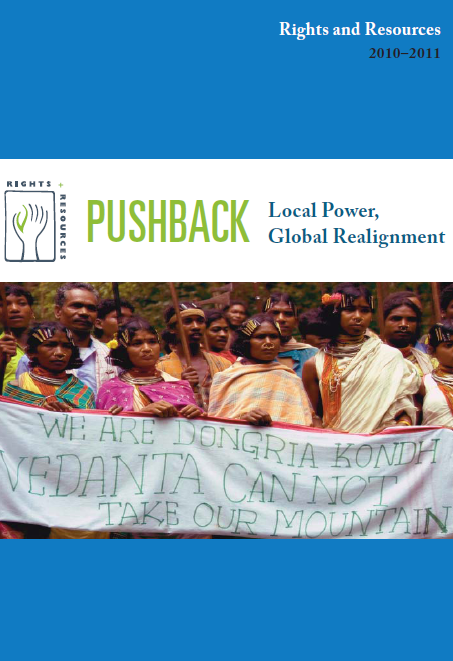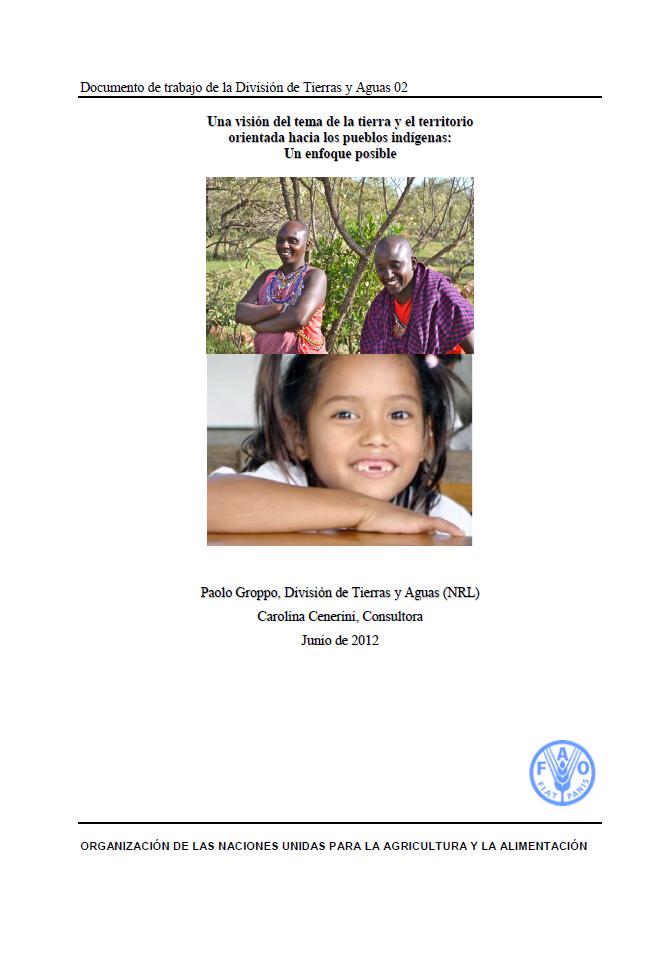Land Tenure: Burma - Chapter VII of "The Economics of the Central Chin Tribes
CHAPTER VII. Land Tenure:
"Salient differences between tenures in autocratic and democratic
groups rights and claims in autocratic group of chief, headman,
specialists, the whole community, the individual resident
and the individual cultivator the principles governing these rights
and claims the rights and principles of tenure in democratic group
land tenure in practice the "bul ram" individual tenure and its effects
communal land possible solutions to land problems".








